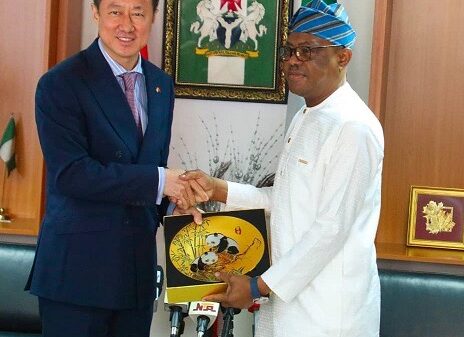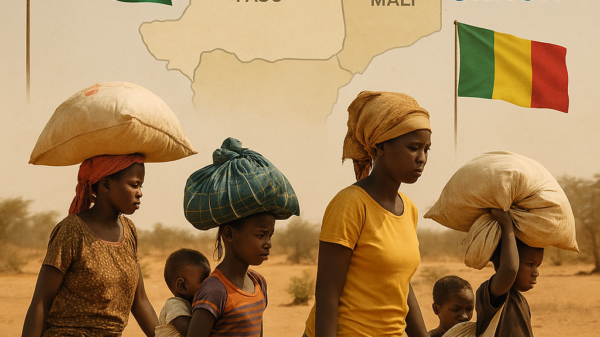Credible sources indicate that President Donald Trump’s economic and trade policies are having a growing negative impact on African economies, with direct and indirect consequences expected to deepen in the coming months.
Direct effects include sweeping tariffs—10% on all countries and higher retaliatory tariffs targeting nations with large trade deficits with the U.S. For example, South Africa is facing a 31% tariff, threatening its exports, especially those dependent on the African Growth and Opportunity Act (AGOA). With the potential expiration of AGOA in September 2025, countries like Nigeria, Ghana, and Lesotho face heightened risks, as many local industries rely on the act’s trade advantages.
The Trump administration’s suspension of key foreign aid programs has also disrupted vital development and humanitarian projects, especially in food and healthcare, affecting vulnerable populations. Furthermore, cuts to climate adaptation funding have weakened Africa’s resilience in the face of severe environmental threats.
Indirect impacts include falling global demand and commodity prices, a stronger U.S. dollar that increases debt burdens on African countries with dollar-denominated loans, and a disrupted global trade environment. Sectors such as mining, textiles, and tourism are already feeling the pressure from reduced investment and international demand.
Although Africa’s trade volume with the U.S. remains relatively small compared to other regions, the damage is concentrated in key sectors and nations. In response, African countries are pursuing mitigation strategies through enhanced regional trade under the African Continental Free Trade Area (AfCFTA) and by seeking alternative export markets.




























